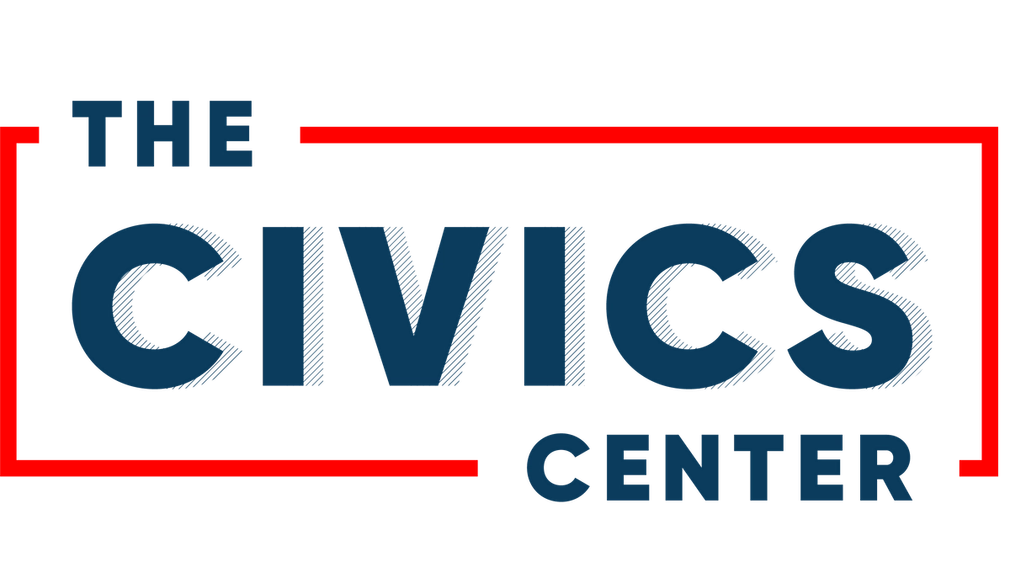Building a foundation of civic engagement in 25 low-income high schools
Youth voter registration disparities between high and low income schools in LA County reflect a significant impediment to the most vulnerable Angelenos to engage in our democracy and advocate for themselves through our election process. We empower high school students to be youth democracy leaders, organizing their peers to use existing laws that allow young people to preregister to vote beginning at age 16 and we give educators the tools they need to support these students and lay a sustainable foundation for future youth civic leadership.

What is the primary issue area that your application will impact?
Income Inequality
In which areas of Los Angeles will you be directly working?
County of Los Angeles
City of Los Angeles
In what stage of innovation is this project, program, or initiative?
Expand existing project, program, or initiative
What is your understanding of the issue that you are seeking to address?
In The Civics Center’s landmark 2021 report, “Future Voters and Gaps in Our Democracy”, we examined how successful Los Angeles Country school districts are in getting young people involved in the electoral process. A key feature was assessing the correlation between poverty rates and registration rates in LA County schools. What we found was striking: while poverty rates correlated with lower turnout among 18-year-olds, voter registration rates showed a much stronger connection to turnout than did poverty rates. At the same time, districts with meaningful efforts to promote voter registration and voting were able to achieve positive impacts including in low-income districts. The lack of consistent funding for civics education programs in low resource schools is disenfranchising the most vulnerable youth, denying them their most fundamental rights as Americans: to engage in our electoral system and advocate for their communities.
Describe the project, program, or initiative this grant will support to address the issue.
Youth Democracy Leaders–LA (YDL-LA) seeks to address this income-driven disparity by providing a diverse group of high school students from low resource high schools an opportunity to become peer leaders in improving youth voter participation rates in their own communities, as well as training and resources for engaged educators to lay the foundation for future civic leadership in their student bodies. Through our program, students will learn life-long leadership skills, meet elected officials, gain practical experience in civic organizing, and collaborate on tactics for making change. The program incorporates community-building exercises in which each student develops a “public narrative,” a practice of storytelling that connects their personal experiences to larger public issues facing their communities. YDL students participate in training modules covering the foundations of youth voter engagement and organizing voter registration efforts in their own high schools. Student-led projects then provide these young people with opportunities to use their training to overcome real world challenges to youth voter participation in their own communities, culminating with each student holding a voter registration drive in their own school. Engaged educators will be provided with training and supplies to ensure that the student leaders receive mentorship and support throughout the process, while also ensuring a sustainable framework for civic engagement remains well beyond this grant.
Describe how Los Angeles County will be different if your work is successful.
We will train at least 25 high school students and 15 educators in low income schools in Los Angeles County. Students will organize at least 25 registration drives, resulting in over 2,500 youth registering to vote from some of LA’s highest needs communities. In the 308 public high schools in LA County, approximately 70% of students qualify for the Free and Reduced Priced Meals (FRPM). Using this data point as a benchmark for socioeconomic status, the YDL-LA program will engage students in schools where at least 70% of students qualify for the RFMP. Our work with these teens will uplift LA County by increasing youth enfranchisement, fostering student leadership and activism in under-resourced high schools, and creating the community leaders of tomorrow. We believe that changing the culture of youth voting will result in systemic change. Our main aim in the long run is not just the number of registrations, but to foster civic leadership to last a lifetime.
What evidence do you have that this project, program, or initiative is or will be successful, and how will you define and measure success?
Our YDL-LA Program is in its third year, and we are measuring our impact in several different ways. We measure the number of young leaders we train, the number of drives they lead, and the number of students registered to vote through their efforts. We also measure changes in county-wide pre registration rates through reports generated by the California Secretary of State, and we measure overall registration rates and turnout rates among young voters with the aid of the LA County voter file. While this is the first time we’ve focused our work to improve civic participation in low resourced schools, we know our approach works. In the past three years, virtually all of YDL student leaders we train go on to hold voter registration drives, and nationwide, students who have gone through our Future Voters Action Week, High School Voter Registration Week, and online workshops have organized hundreds of student-led drives in 35 states and more than 10,000 young people registering to vote.
Approximately how many people will be impacted by this project, program, or initiative?
Direct Impact: 40
Indirect Impact: 2,500